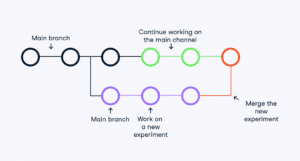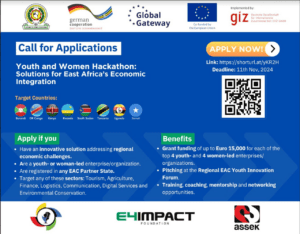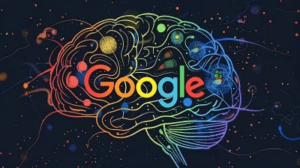
Best Ways to Leverage Google AI Services for Real-World Impact
In the rapidly evolving tech landscape, AI is reshaping industries, elevating productivity, and introducing efficiencies at a breathtaking pace. Among the leaders in this movement, Google’s AI services stand out as a flexible, user-friendly suite designed to be adaptable across an array of applications. From machine learning APIs to natural language processing tools, Google AI Services cater to startups, enterprises, and developers seeking to leverage powerful AI capabilities to solve pressing challenges. Here are the Top Ways we can Leverage Google AI Services for Real World Impact:
1. Enhancing Customer Experiences with AI-Powered Assistance
Customer service is undergoing a transformative shift. Increasingly, organizations are looking to AI to enhance customer interactions, improve response times, and reduce workload on human representatives. Google’s Dialogflow, a conversational AI platform, is at the forefront of this revolution. Used by companies like Domino’s, KLM Airlines, and Ticketmaster, Dialogflow enables businesses to create sophisticated virtual agents that can manage customer inquiries, provide recommendations, and even process orders.
Example Use Case: Automated Customer Support and Sales Assistance
Imagine a retail company that uses Google’s Dialogflow to create a virtual shopping assistant for its website. This virtual assistant can engage with customers in real time, answer product-related questions, suggest items based on user preferences, and even complete transactions. By doing so, businesses provide a more personalized shopping experience while simultaneously freeing up human agents to handle more complex tasks. This enhances the overall customer journey and drives higher customer satisfaction.
Leverage Google AI Services for Real World Impact

2. Unlocking Insights with BigQuery for Data Analysis
Data has become one of the most valuable assets in today’s digital age. However, without the tools to analyze and understand data, it’s just a mountain of numbers. Google BigQuery, a serverless, highly scalable data warehouse, allows organizations to quickly analyze massive datasets. By integrating BigQuery with machine learning models, businesses can discover valuable insights and trends within their data.
Example Use Case: Predictive Analytics in Healthcare
Healthcare providers can use BigQuery to analyze patient data, looking for trends that help predict outbreaks of diseases, improve treatment outcomes, and even reduce hospital readmissions. With the scalability of BigQuery, medical researchers can work with vast amounts of anonymized data to create predictive models. These models help healthcare providers make proactive decisions, improve patient care, and manage resources more efficiently.
Leverage Google AI Services for Real World Impact
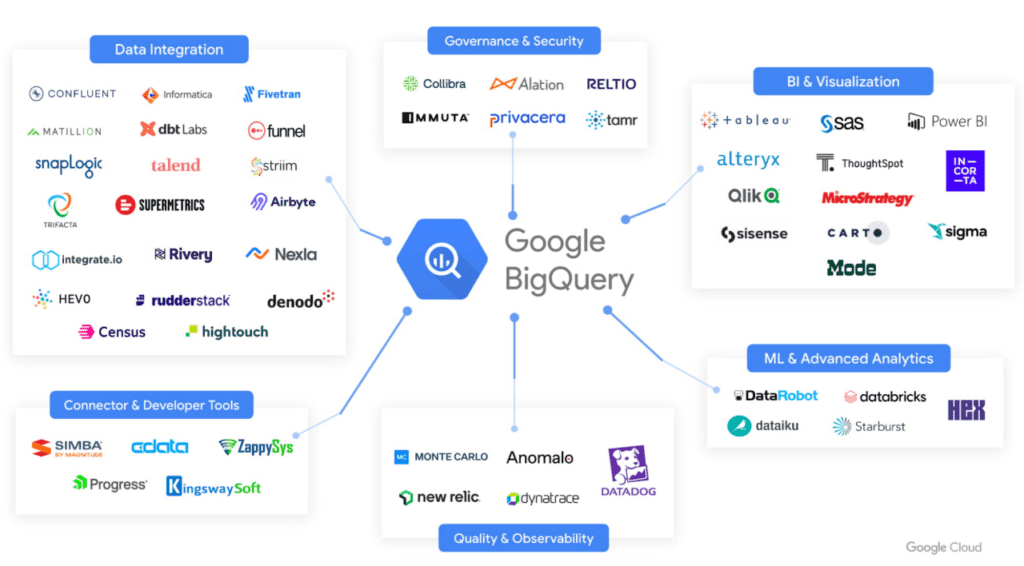
3. Transforming Marketing with AI-Powered Insights and Personalization
Marketing is one of the primary areas where AI is delivering exceptional value. Google AI tools, such as the Vision AI and Natural Language AI, offer marketers the ability to understand their audiences better, segment them effectively, and create personalized content.
Example Use Case: Sentiment Analysis for Social Media Marketing
A company can use Google’s Natural Language API to analyze social media posts and customer feedback in real-time, gauging public sentiment about a brand or product. By understanding the mood and opinions of their audience, marketers can quickly adjust campaigns or address concerns. Moreover, Vision AI can help in content categorization, recognizing elements within images that could align with brand aesthetics, allowing companies to choose visuals that resonate more with their target audience.
Leverage Google AI Services for Real World Impact
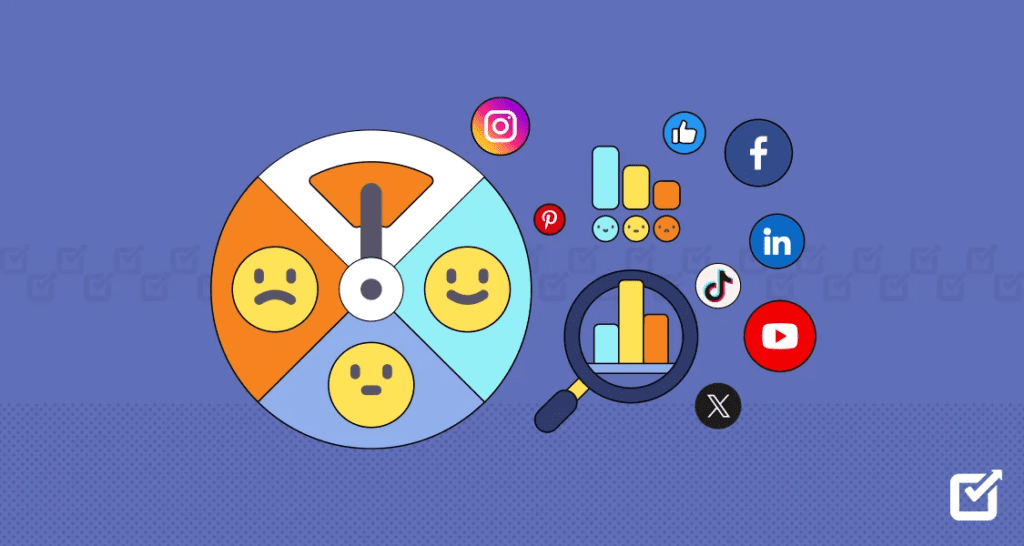
4. Driving Automation in Manufacturing
In the manufacturing industry, AI is instrumental in improving efficiency, safety, and predictive maintenance. With Google’s Machine Learning and Edge AI tools, manufacturers can automate quality checks, monitor equipment health, and prevent costly downtime.
FOLLOW OUR WHATSAPP CHANNEL FOR MORE RESOURCES
Example Use Case: Predictive Maintenance for Machinery
Manufacturing plants can deploy Google’s AI models to monitor equipment in real-time. By analyzing sensor data, these models can predict potential machine failures before they happen. For example, Google’s TensorFlow platform can be used to create custom models that identify anomalies in machine vibrations, heat, or sound. When a deviation is detected, the system can alert technicians, ensuring proactive maintenance that prevents unplanned downtime and extends equipment lifespan.
Leverage Google AI Services for Real World Impact

5. Revolutionizing Education with Customized Learning Tools
In education, AI has the potential to provide more personalized and adaptive learning experiences. Google’s Natural Language Processing (NLP) and machine learning models allow educators to create customized content that caters to the individual learning needs of each student.
Example Use Case: Virtual Tutors and Essay Evaluation
Using Google’s NLP and machine learning algorithms, educational institutions can create virtual tutors that provide students with instant feedback on their work. Additionally, these tools can evaluate essay structure, grammar, and even suggest improvements. For students who may need additional help, AI-based learning platforms can offer recommendations for targeted learning resources, guiding them through areas they find challenging.
Leverage Google AI Services for Real World Impact
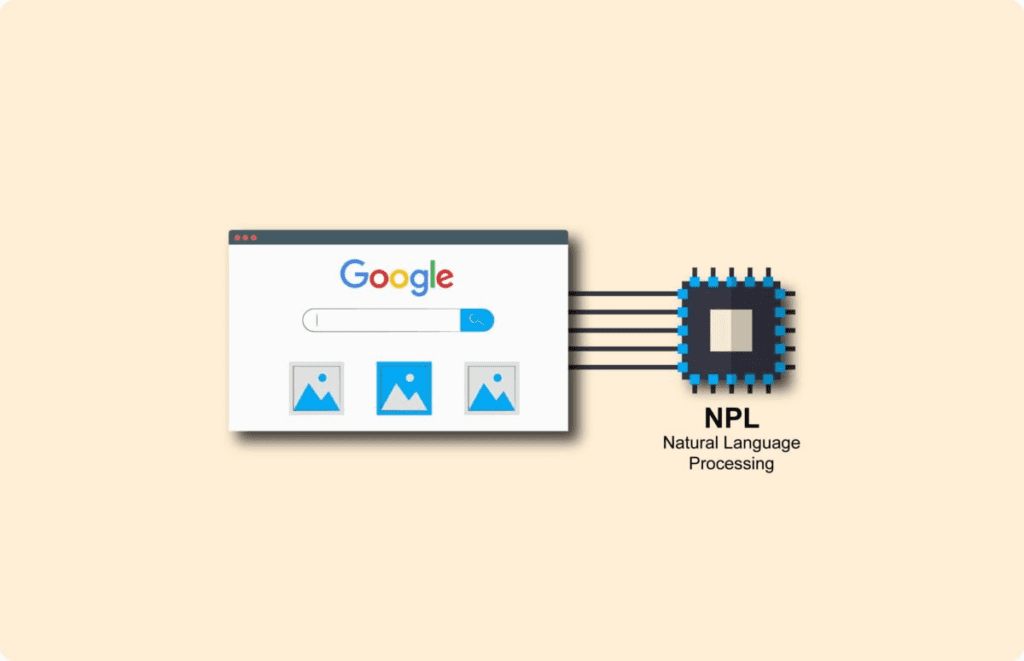
6. Advancing Accessibility for Individuals with Disabilities
Google AI services are making strides toward creating a more inclusive world for people with disabilities. Google’s Speech-to-Text and Text-to-Speech technologies, for instance, offer significant assistance to individuals with visual and hearing impairments.
Example Use Case: Real-Time Captioning and Voice Assistance
Imagine a conference where attendees who are hard of hearing can use a Google AI-powered app that offers real-time captioning for every speaker. This accessibility feature, powered by Google’s Speech-to-Text API, makes it easier for everyone to engage with the content. Similarly, Text-to-Speech can help individuals with visual impairments navigate websites, read emails, or interact with mobile apps through auditory feedback.
Leverage Google AI Services for Real World Impact

7. Boosting Retail with Product Recognition and Image Search
In the retail industry, Google’s Vision AI service is opening new doors by enabling visual search and image recognition capabilities. Retailers can implement image-based search functionality to make the online shopping experience smoother and more interactive for customers.
Example Use Case: Visual Product Search in E-commerce
With Vision AI, an e-commerce platform can allow users to search for products by uploading photos. For instance, if a customer sees a pair of shoes they like on social media, they can simply upload the image on the retailer’s site. The AI-powered search can identify the product or suggest visually similar items available in the store. This makes shopping intuitive and removes friction, increasing the likelihood of conversions.
Leverage Google AI Services for Real World Impact
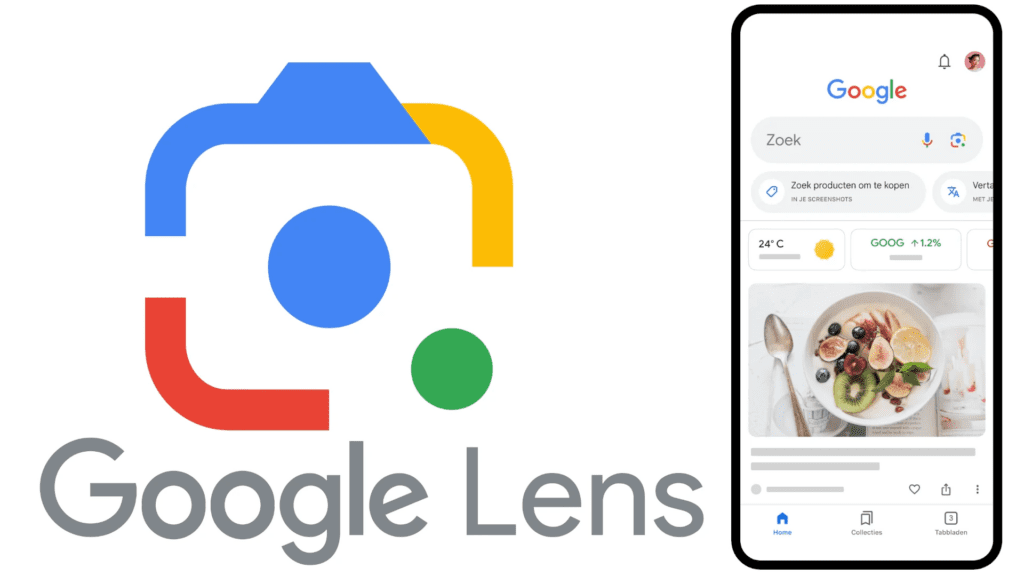
8. Empowering Financial Services with Fraud Detection
In finance, AI is an indispensable tool for identifying and preventing fraud. Google’s ML models can be tailored to recognize suspicious transaction patterns and alert organizations to potential fraud in real time.
FOLLOW OUR WHATSAPP CHANNEL FOR MORE RESOURCES
Example Use Case: Real-Time Fraud Detection
A financial institution can leverage Google’s AI and ML models to analyze transaction data and flag suspicious activities. For example, if an unusual spike in transaction amounts or locations is detected in a short period, the system can instantly notify the fraud department, reducing the risk of financial losses and providing an additional layer of security for customers.
Leverage Google AI Services for Real World Impact

9. Accelerating Research and Development with TensorFlow
Google’s TensorFlow platform is a popular open-source machine learning library that helps researchers build, train, and deploy machine learning models quickly. Industries from pharmaceuticals to automotive are leveraging TensorFlow for research and development, making it an essential tool for AI-driven innovation.
Example Use Case: Drug Discovery in Pharmaceuticals
In pharmaceuticals, TensorFlow can be used to analyze complex biological data, such as protein structures, and predict how certain compounds will interact. By processing massive datasets with machine learning, researchers can identify promising drug candidates faster, reducing the time and cost of bringing new drugs to market and making life-saving medications accessible sooner.
Leverage Google AI Services for Real World Impact

10. Innovating Content Creation with Google AI’s Natural Language Tools
Content creation, whether for business communications, media, or marketing, can benefit greatly from AI assistance. Google’s Natural Language AI can assist in generating human-like text, summarizing documents, and even translating content accurately.
Example Use Case: Automated Content Summarization for News Agencies
A news agency can use Google’s Natural Language API to automatically generate summaries of lengthy news articles, providing readers with quick, digestible updates. This AI-driven capability not only speeds up the workflow but also ensures that audiences receive the most relevant information efficiently. Additionally, translation services allow content to be published across different languages, expanding the agency’s reach and influence.Agood example is Gemini
Leverage Google AI Services for Real World Impact
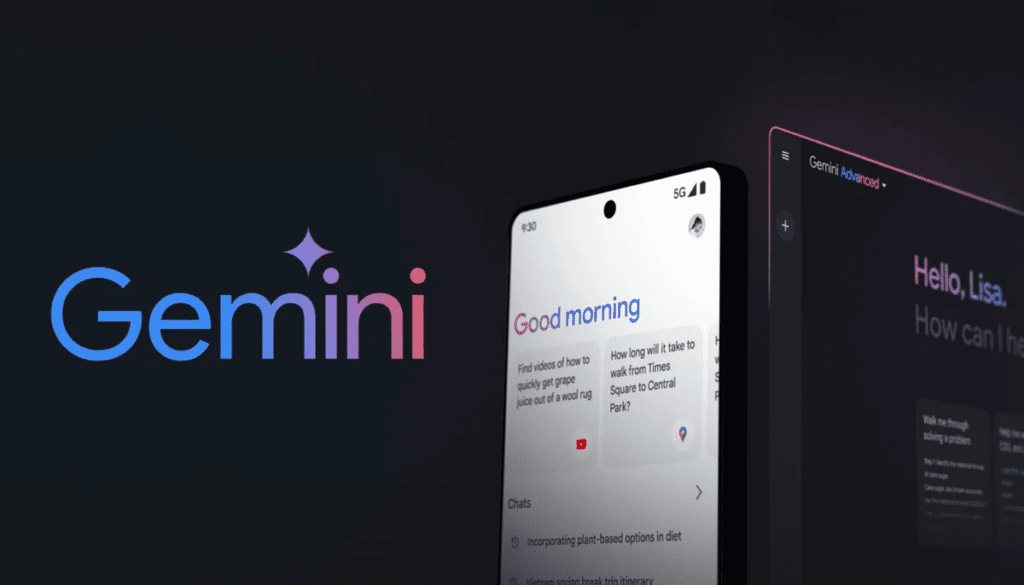
Embracing the Future with Google AI Services
These ten use cases are just a glimpse into the potential of Google AI services across various industries. The adaptability, ease of integration, and advanced capabilities of Google’s AI tools make them invaluable for businesses that aim to stay competitive and innovative.
Google’s continuous investment in AI research, coupled with its accessible AI solutions, is paving the way for organizations worldwide to harness the transformative power of AI. By integrating these tools into their operations, businesses are not only enhancing efficiency but also creating experiences that are more personalized, inclusive, and impactful.
As AI technology continues to evolve, so too will the ways it can be applied. By keeping pace with these advancements and exploring the potential of Google AI, businesses across industries can position themselves at the forefront of the AI-driven future.
Recently, Google Unveiled SynthID to the public: A watermarking tool for AI Generated Content.
FOLLOW OUR WHATSAPP CHANNEL FOR MORE RESOURCES
SHARE THIS POST
